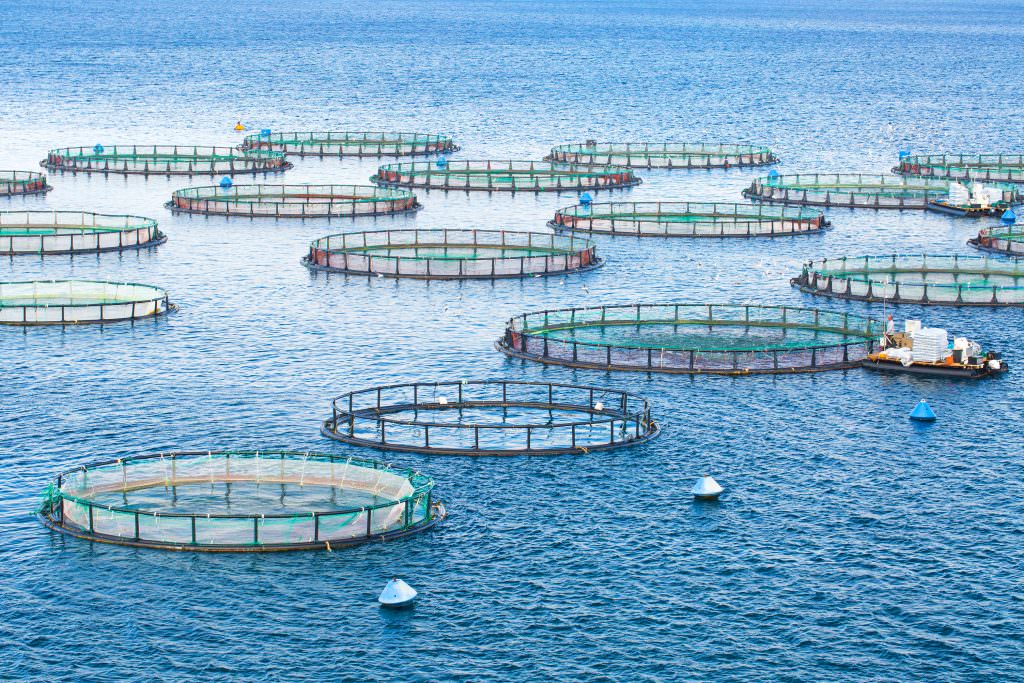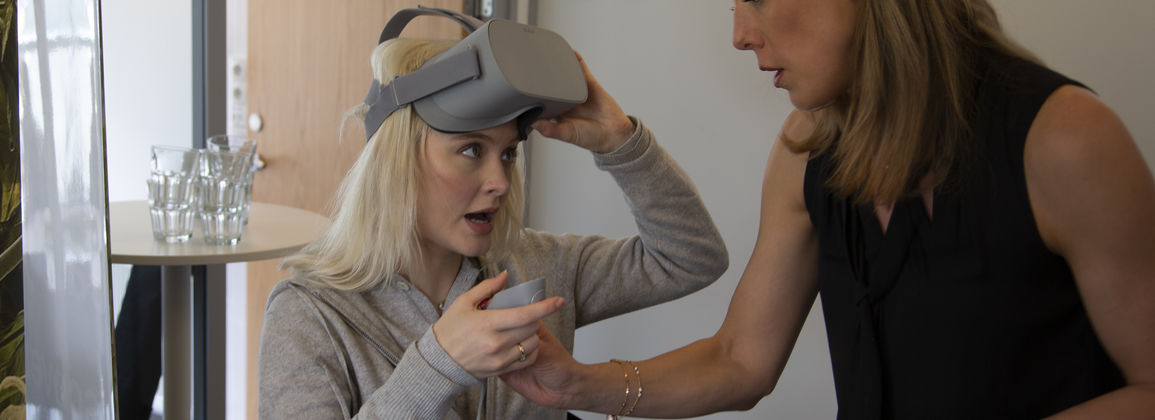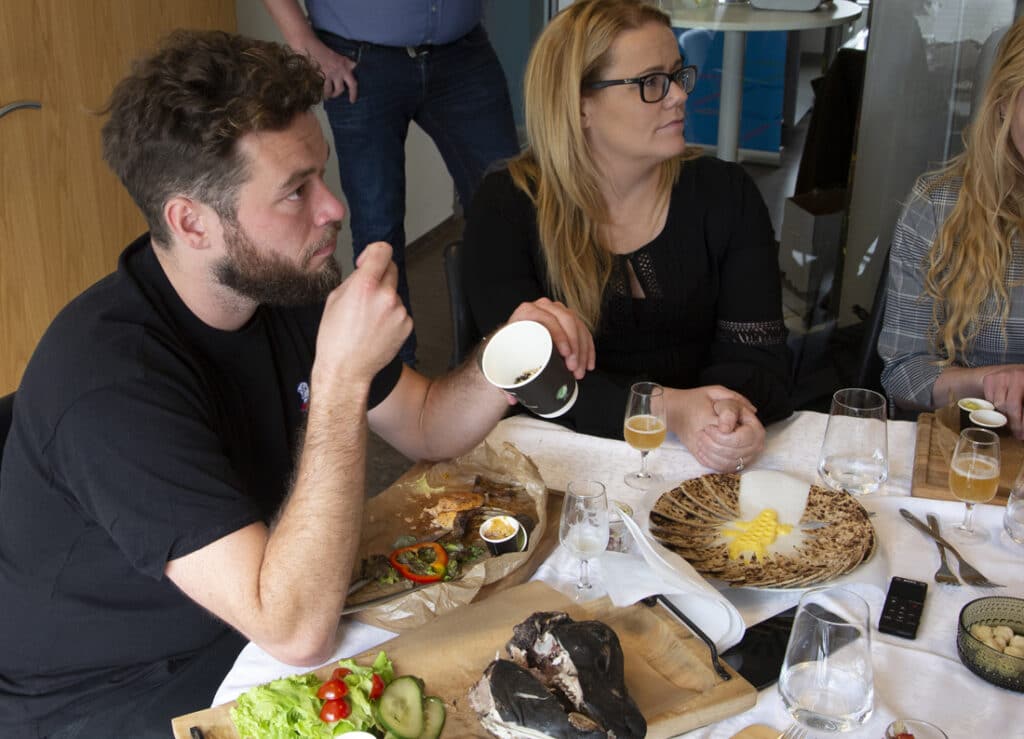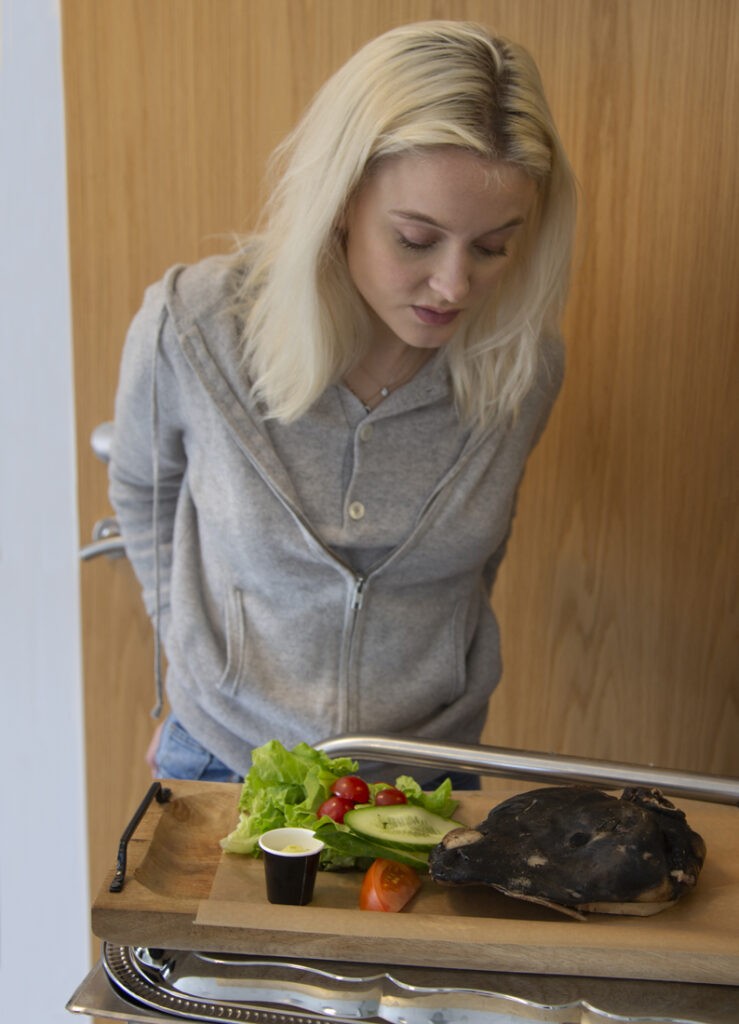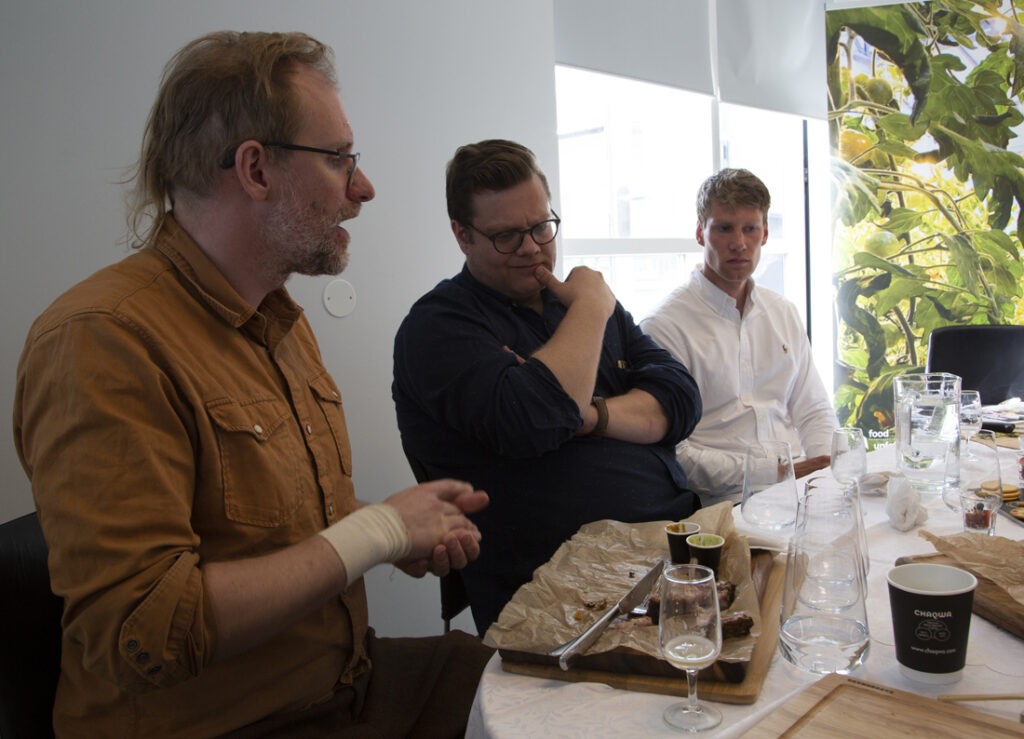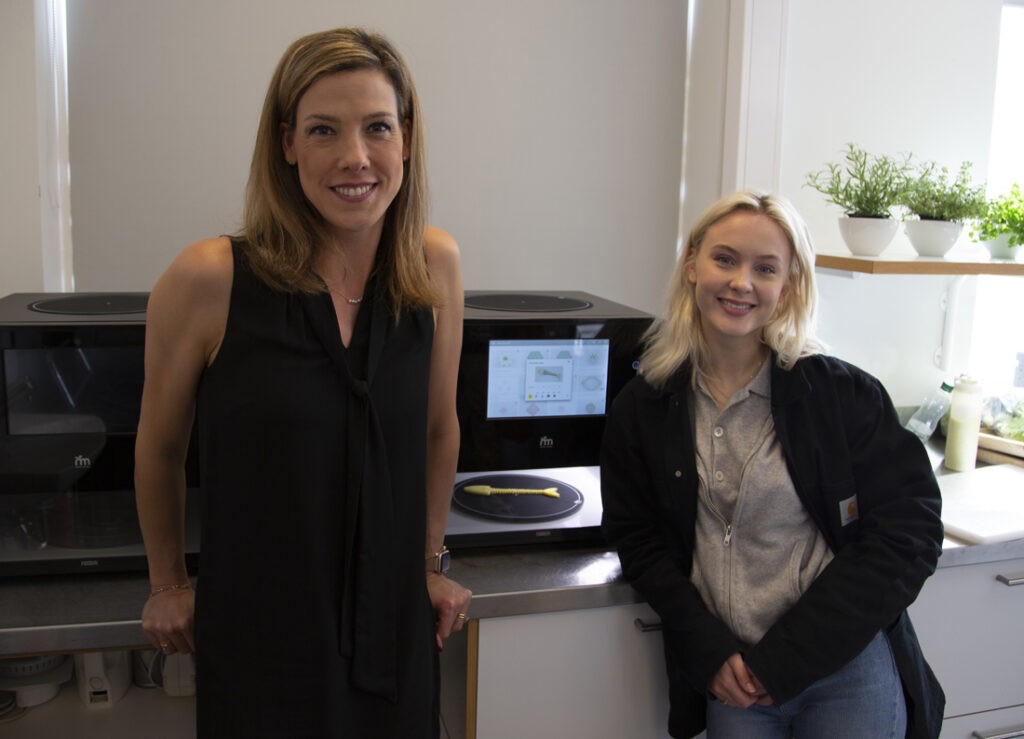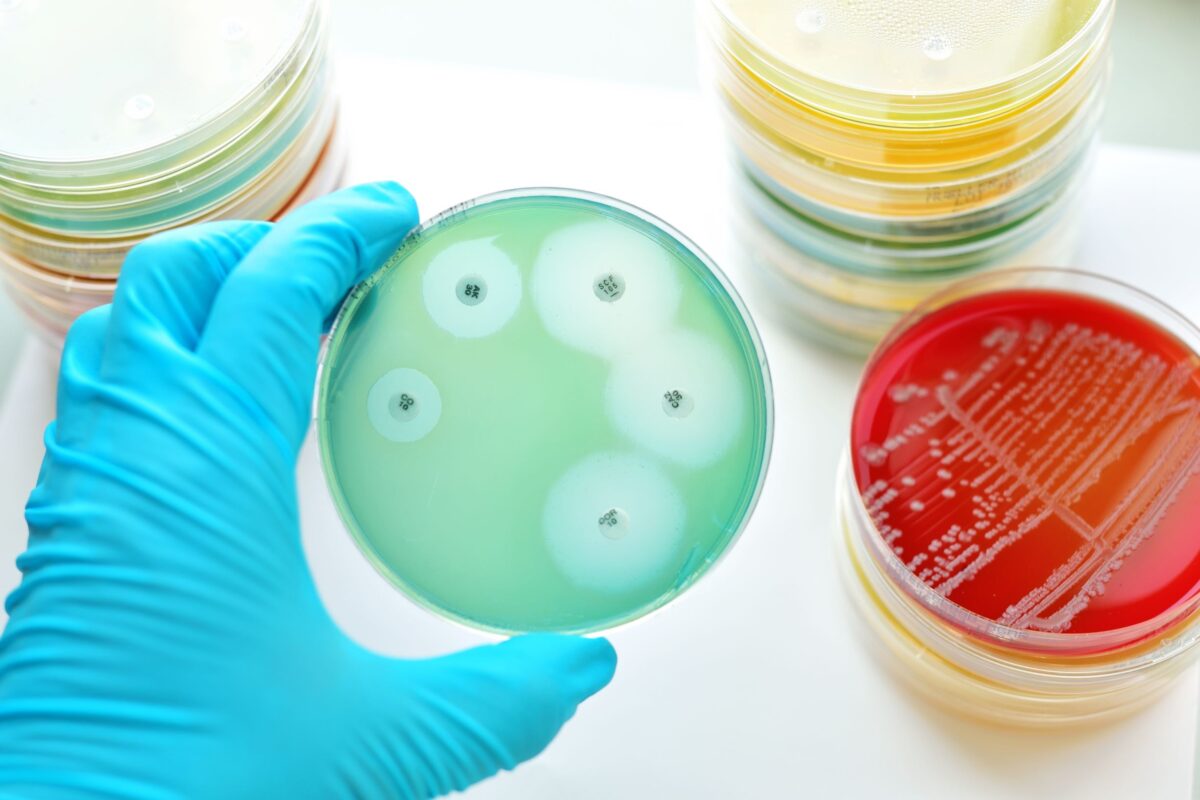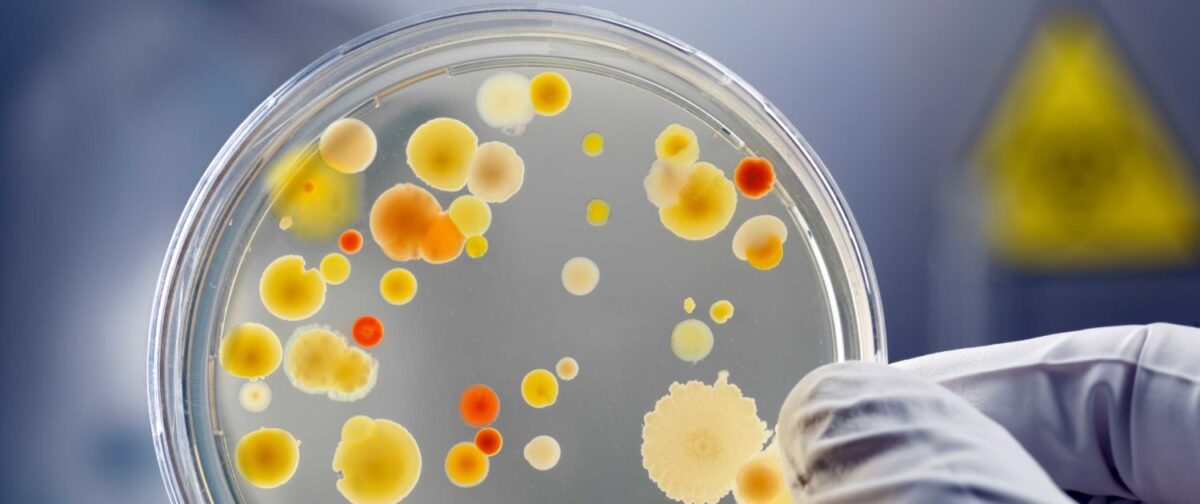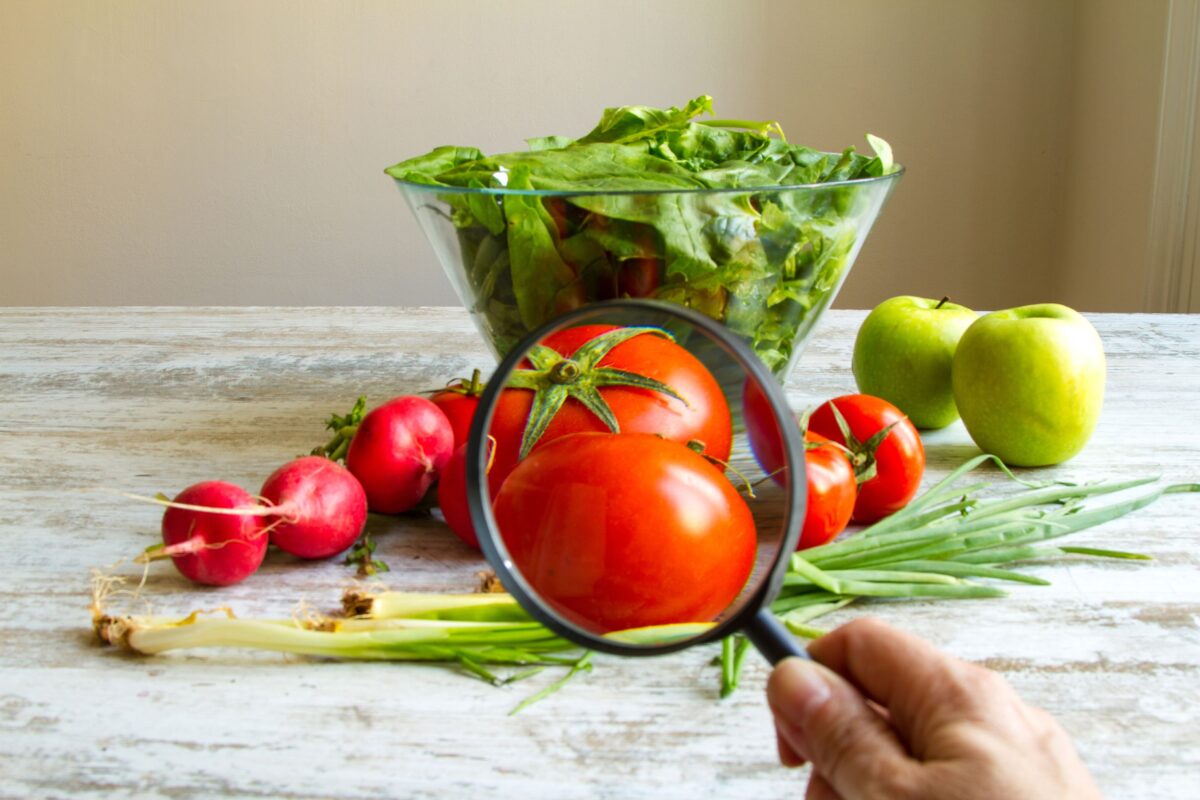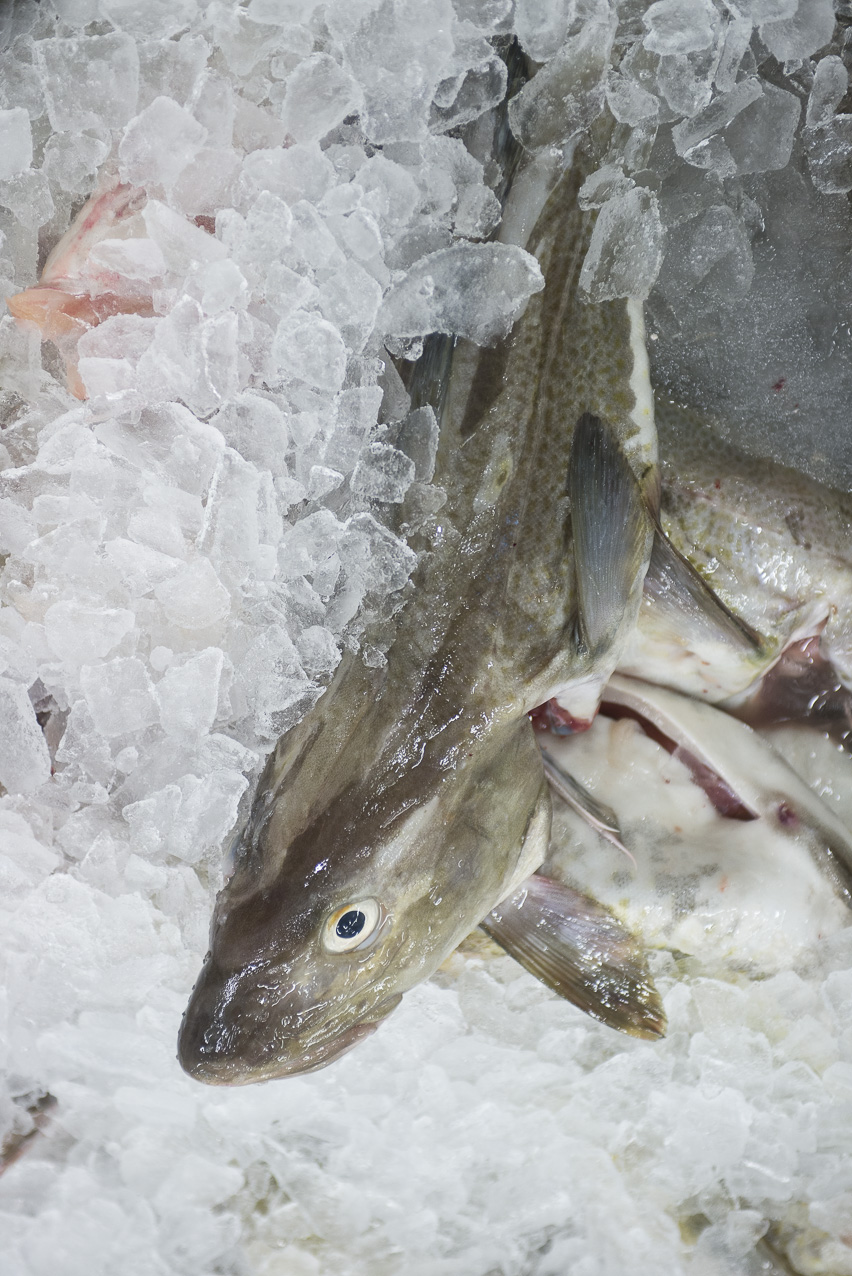Tomorrow, Thursday 8 August, meetings will be held in Ísafjörður and Tálknafjörður on the effects of salmon farming in the Westfjords. The meeting in Ísafjörður will be held at 12:00 on the first floor of Vestrahúsið but the meeting in Tálknafjörður will be held in Dunhagi at 20:00.
Matís and Vestfjarðastofa are inviting to the meeting, and the speaker will be Gunnar Davíðsson, who is the department manager at Troms county in northern Norway.
The meetings will review the impact of aquaculture on the economy and population development in Troms and consider the impact that aquaculture in the Westfjords may have in the quarter. Is it possible to draw lessons from the history of salmon farming in Troms county to assess its impact on human life and the economy of the Westfjords in the future?
Further information about the meeting can be found at Vestfjarðarstofa's website.

